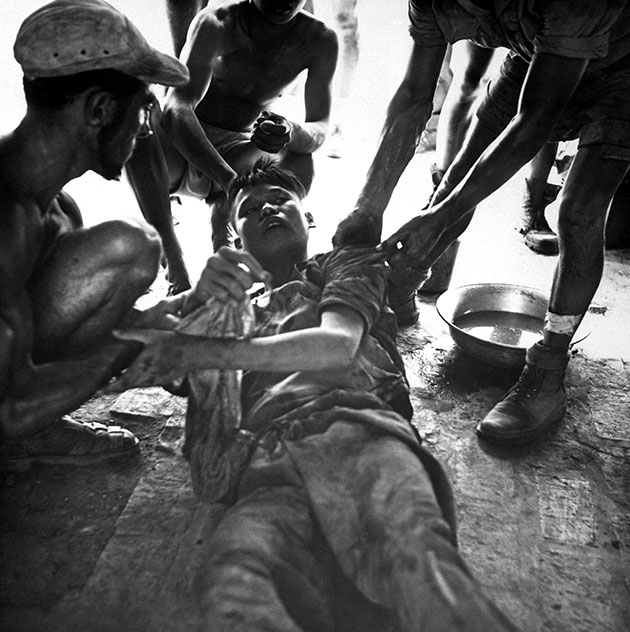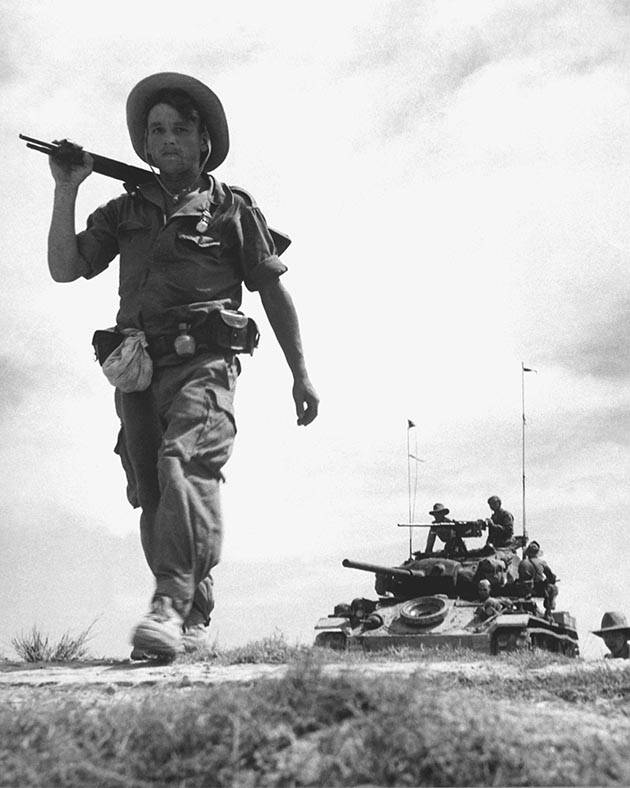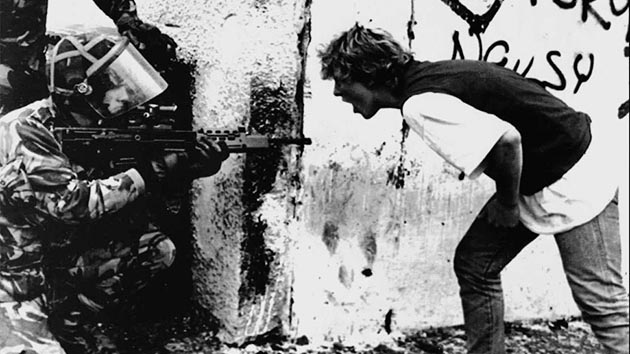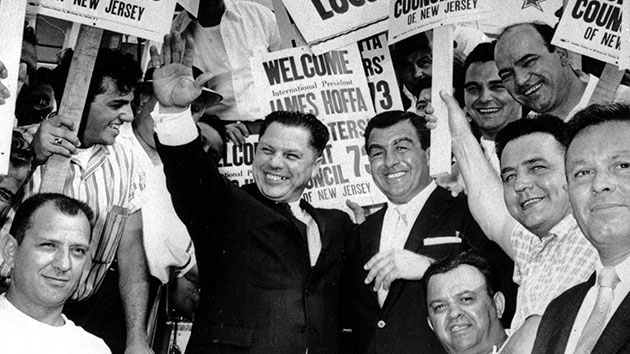
On this date in 1954 the first Indochina War officially ended. After a long war in Viet Nam, culminating in the nearly four month battle of Dien Bien Phu, the French withdrew under the the Geneva Acccords. That agreement also also divided Viet Nam along the 17th parallel under the condition that a unification election would be held two years later. When elections didn’t happen as planned, the communist Viet Minh fought to reclaim the South, which eventually drew the United States deeper into the fight between the Communists and Western-backed South Vietnamese government.











